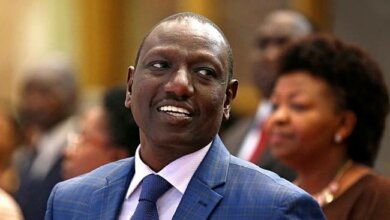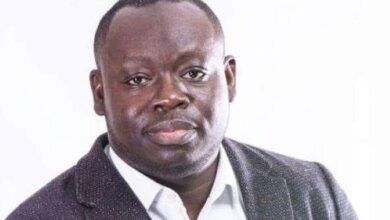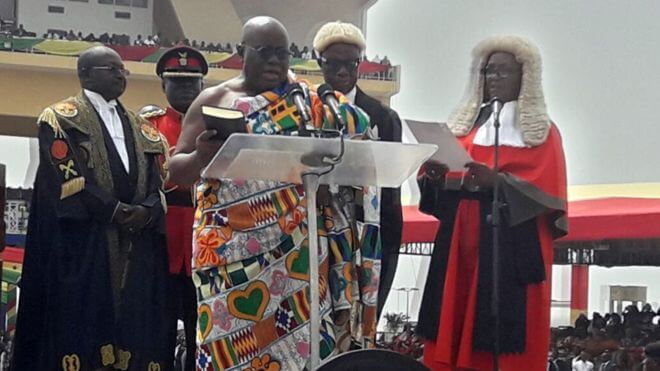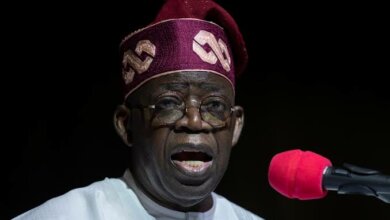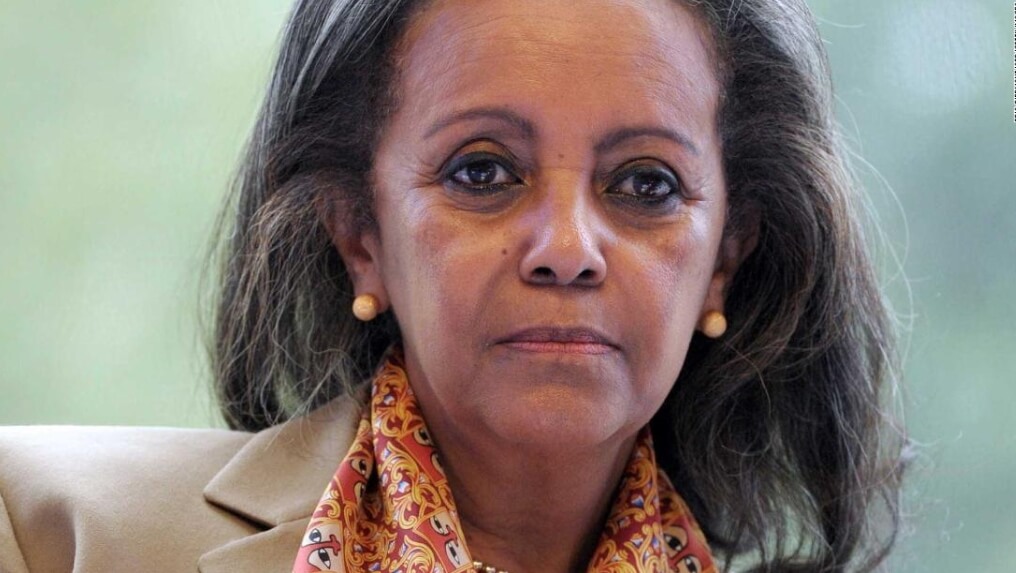Ghana discusses Commonwealth bid with Sri Lanka
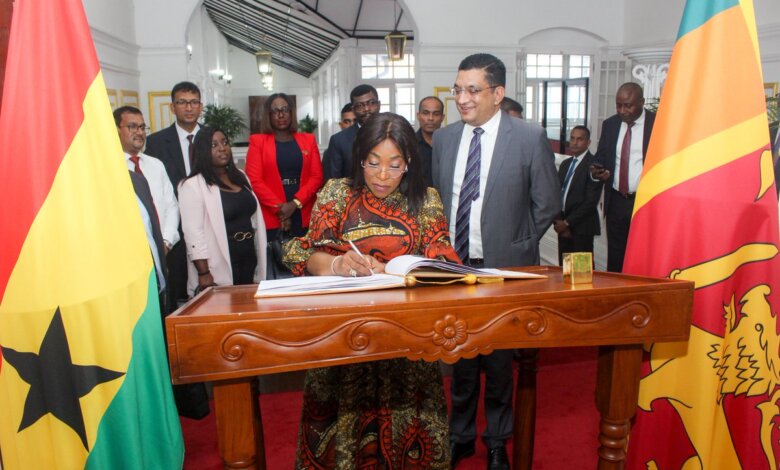
Ghana’s Foreign Minister, Shirley Ayorkor Botchwey, engaged in private discussions with Sri Lanka’s Foreign Minister, Ali Sabri, in Colombo, the Capital of Sri Lanka. They explored opportunities for bilateral cooperation between the two countries.
Ms. Botchwey emphasized the value of mutual learning between Ghana and Sri Lanka, given their shared experiences in navigating economic challenges. The meeting, held in private focused on Ms. Botchwey’s bid for the role of Commonwealth Secretary-General, to be decided at the upcoming Heads of Government summit in Samoa this October.
“This is extremely important for us in the Commonwealth that we’re able to draw from each other’s experiences and learn where other members have unique expertise,” remarked Ms Botchwey.
Mr. Sabri emphasized the importance of Commonwealth nations collaborating to diversify their trade portfolios. He expressed Sri Lanka’s enthusiasm for strengthening economic ties with Ghana, building on existing relationships.
Sri Lanka’s textile sector has only scratched the surface of African markets, with current engagements limited to Egypt and Kenya. However, the outcome of the meeting suggests that Ghana is considering the possibility of exploring Sri Lanka’s textile market.
“Ghana would like to cooperate and learn from Sri Lanka in the areas of textile and garments, as well as rice production and tourism,” said Ms Botchwey.
During the meeting, Ms. Botchwey also expressed her surprise with Sri Lanka’s remarkable progress in renewable energy. The country has already achieved an impressive 50% of its power needs through green energy sources, with an ambitious 70% target by 2030.
The country’s 22 million citizens may even sell excess energy back to the national grid. In contrast, Ghana’s renewable energy contribution stands at 31.6%, primarily driven by hydroelectric power. Ms. Botchwey’s admiration for Sri Lanka’s green energy transition aligns with her broader vision for the Commonwealth, which prioritizes climate action, democracy, good governance, and economic dividends.
Her plan also emphasizes education, skills training, support for young entrepreneurs, and increased trade among the Commonwealth 56 member states. As she aspires to succeed Baroness Patricia Scotland as Commonwealth Secretary-General, Ms. Botchwey’s comprehensive agenda aims to drive meaningful change within the organization.
Mr. Sabri, an ex-finance minister led his country through a devastating post-COVID economic crisis marked by a sharp depreciation of the Sri Lankan rupee, and soaring inflation rates, after President Gotabaya Rajapaksa’s government was ousted in 2022 through a widespread protests.
Ghana and Sri Lanka share a similar story of economic resilience, having both sought IMF assistance during respective crises in 2022-2023. Now, both nations are witnessing a remarkable recovery. Sri Lanka’s inflation rate has decreased significantly to around 40%, accompanied by a projected surge in tourist arrivals to two million by year’s end – a notable increase of nearly two-thirds from 2022.
Meanwhile, Ghana’s inflation rate has plummeted to 20.9% as of July 2024, marking a substantial improvement. This turnaround underscores the effectiveness of targeted economic measures and the potential for nations to bounce back from adversity.
Source: TheAfricanDream.net

Abeeb Lekan Sodiq is the Managing Editor of theafricandream.net, a pan-African news website subsidiary of US-based TheAfricanDream LLC. He is also a Human Resource Practitioner, and a freelance Graphics Designer. He has worked with prominent personalities, including ambassadors, secretariats, international organisations, universities, celebrities, NGO, and media firms.

